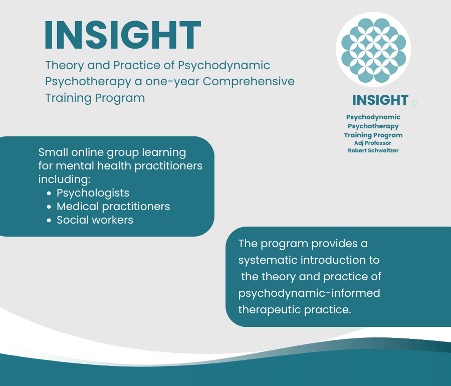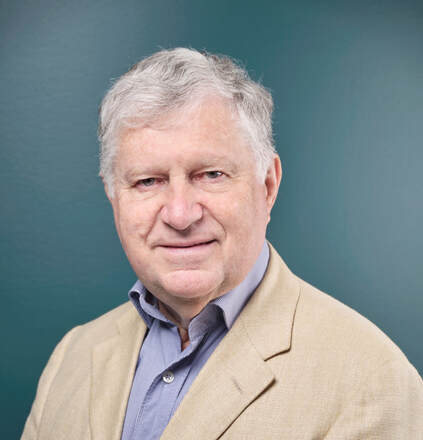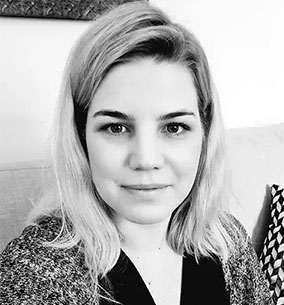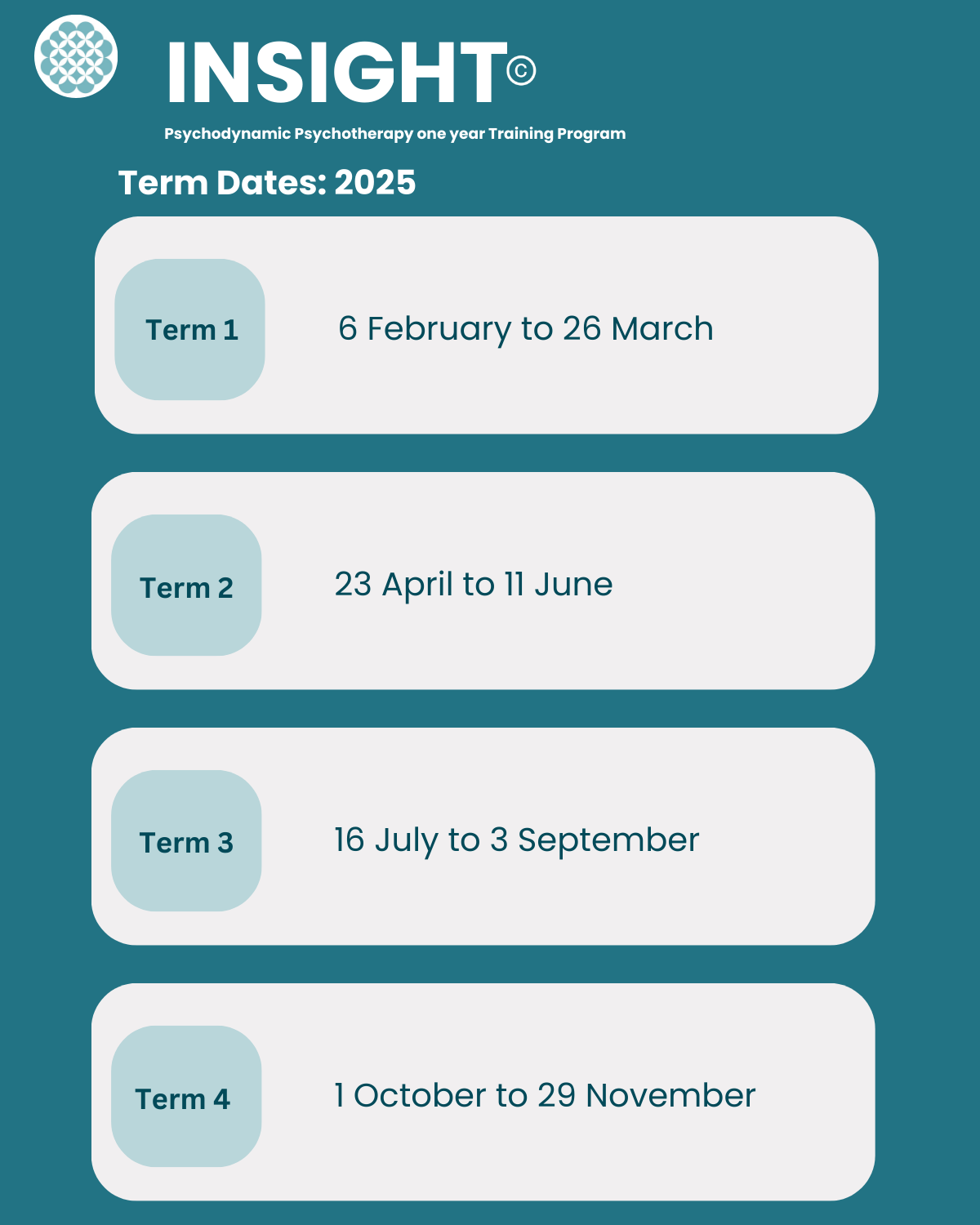INSIGHT: Theory and Practice of Psychodynamic Psychotherapy for Mental Health Practitioners
About the Program:
Drawing on over two decades of clinical psychology teaching experience, this one-year course is tailored for experienced practitioners seeking to deepen their understanding of contemporary psychodynamic psychotherapy and address a broad range of clinical presentations.
Structure:
- 4 terms of 8 weeks each
- 2-hour weekly classes. (online or in-person)
- Focus on case presentations and theory
Core Concepts:
- Enhancing insight through immersion in theory and understanding unconscious processes
- Exploring therapeutic relationship dynamics
- Evidence-based techniques for common mental disorders
Curriculum Highlights:
- Historical and philosophical context of psychodynamic theory
- Essential clinical techniques
- Applications to various mental health conditions
- Theoretical study and experiential case discussions
- Optional supervised practice
Course Objectives:
1. Explore modern psychodynamic theory foundations
2. Develop relational-psychodynamic therapy skills
3. Enhance psychodynamic assessment and formulation
4. Improve management of unconscious processes
5. Apply principles to diverse clinical cases
6. Increase self-awareness through case discussions
7. Address ethics from a relational perspective
Our program offers a progressive approach to psychodynamic psychotherapy, covering:
- Foundational knowledge
- Clinical skills development
- Specific issues in practice
- Advanced contemporary techniques
Building on your expertise, this course strengthens your ability to assess, formulate, and treat, drawing upon a psychodynamic sensibility.

View INSIGHT Psychodynamic Psychotherapy Brochure
Contact us for more information
Click here to register
Visit the Psychodynamic Registrar Program and Training Website

Robert Schweitzer - Course Convener
Robert is an Adjunct Professor of Psychology at Queensland University of Technology, where he established the postgraduate program in clinical psychology with a strong psychodynamic focus. He maintains an active psychodynamic psychotherapy practice and supervises registrars. Robert has previously chaired the Queensland Psychology Board of Australia and published extensively in the areas of psychotherapy research, including transcultural psychology, and treatment trials with serious mental illness. His current practice focusses upon clinical supervision and long term psychodynamic psychotherapy.

Dr Rebecca Bargenquast
Rebecca is a clinical psychologist and psychodynamic psychotherapist who runs a private practice in Brisbane. As part of her practice she offers psychological assessment and treatment for people experiencing a range of emotional and relational difficulties. She also provides clinical supervision to psychologists and other health professionals. Rebecca has a special interest in long-term, in-depth psychotherapy, the treatment of complex mental health difficulties, and therapy for perinatal mental health issues and parent-infant attachment issues.

Dr Michael Edwards
Michael is a practising senior consultant psychiatrist. He has three decades of experience in all aspects of clinical psychiatry. His PhD and subsequent work have focused on theoretical aspects of psychoanalysis and Continental Philosophy, and the dialogue between them. His contribution to the course aims to deepen clinician self-reflective capacity through a study of the often unacknowledged epistemological and ontological foundations of psychodynamic practice, as well as inviting us to “critique” our privileged positions as therapists. His current clinical work focuses on acute mental health problems and substance use issues. He is an accredited supervisor in basic and advanced psychotherapy training for psychiatry registrars. Michael will provide guest seminars.

Aaron Neaves
Aaron is a Clinical Psychologist and the Director of May Health, a private mental health company in South Australia. He chairs the South Australian section of the Psychoanalytically Oriented Psychologists Interest Group of the Australian Psychological Society. Aaron's practice is dedicated to psychodynamic psychotherapy, addressing a variety of conditions. He studies and supervises in the field, emphasising a collaborative learning atmosphere. As a co-host of 'Clinically Thinking', Aaron discusses broad topics in clinical psychology. Through the INSIGHT program, he hopes to facilitate the learning of the theory and practice of psychodynamic psychotherapy with fellow professionals.
Small Group Learning:
Format:
- Small groups (max 8)
- Four 8-week terms
- 2-hour sessions: theory and case discussions
Features:
- Group supervision
- Theory integrated with case studies
- Collaborative and experiential learning
Certification:
Submit reflections to earn a Certificate of Attainment, meeting AHPRA's Active PD criteria.
Potential Benefits of the Program
- Expert mentoring through group case presentations
- Supportive community of like-minded clinicians
- Fulfills professional development requirements
- Practical, evidence-based therapeutic skills
- Personal growth through self-reflection
- Enhanced understanding of countertransference
- Improved therapeutic relationships
